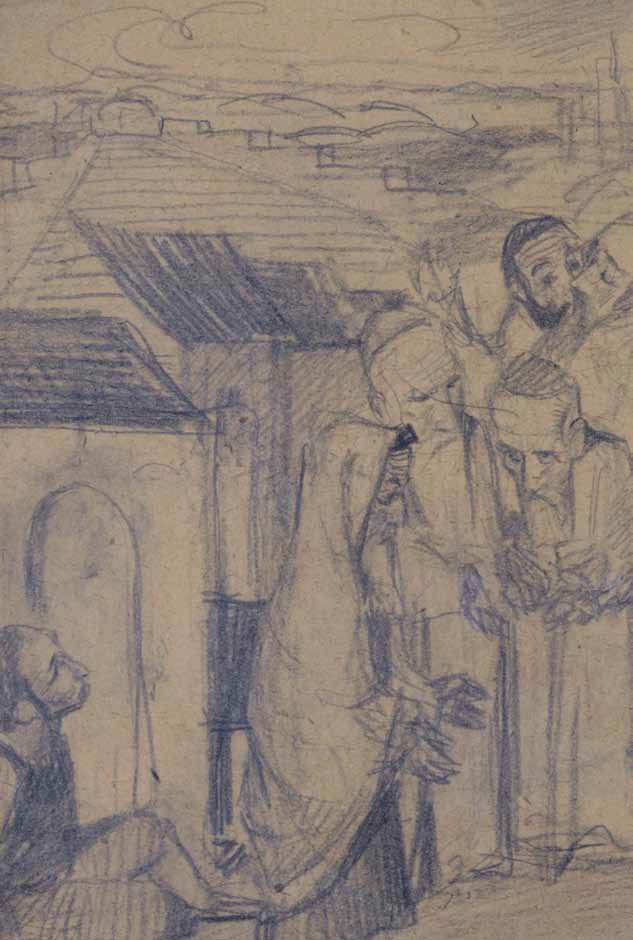Schulz i znikająca granica
Schulz and the Vanishing Boundary
Author(s): Stanley BillSubject(s): Polish Literature, Ukrainian Literature, Philology, Theory of Literature
Published by: Fundacja Terytoria Książki
Keywords: Bruno Schulz; schulz studies; literary theory; interwar period; polish literature;
Summary/Abstract: It has been a long time since Bruno Schulz was recognized as a model figure of the multicultural borderland. During the fifty years of his life, his hometown belonged to the Austro-Hungarian Empire, the short-lived Western Ukrainian People’s Republic, the Second Polish Republic, the Soviet Union, and finally the Nazi General Gouvernement.Marian Hemar made an oft-quoted remark that in Schulz’s lifetime Drogobych was136 [abstracts]a “town and a half ”: half-Polish, half-Jewish, and half-Ukrainian. Schulz himself was anassimilated Jew who wrote in Polish and had much in common with the German literary culture. No wonder then that fifty years after genocide, ethnic cleansing, and mass deportationsin the 1940s he has recently become a patron figure of various initiativesintended to build bridges connecting different ethnic groups and their respective versionsof history. The problem is that Schulz’s oeuvre is not a good instrument of cultural diplomacy.The author makes an attempt to present briefly Schulz’s possible (or impossible) contribution to such projects. Besides, he suggests a few promising approaches to betested in further research.
Journal: Schulz/Forum
- Issue Year: 4/2014
- Issue No: 4
- Page Range: 22-28
- Page Count: 7
- Language: Polish

